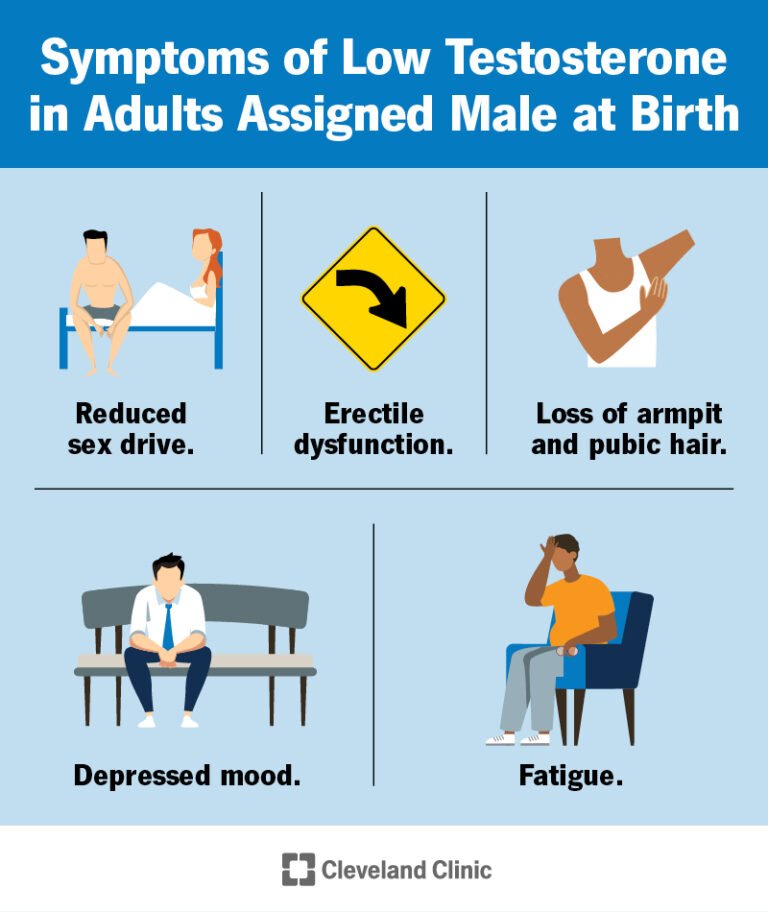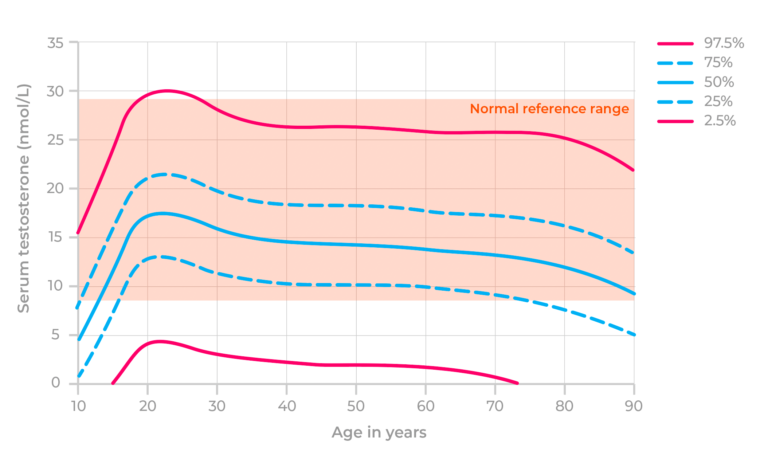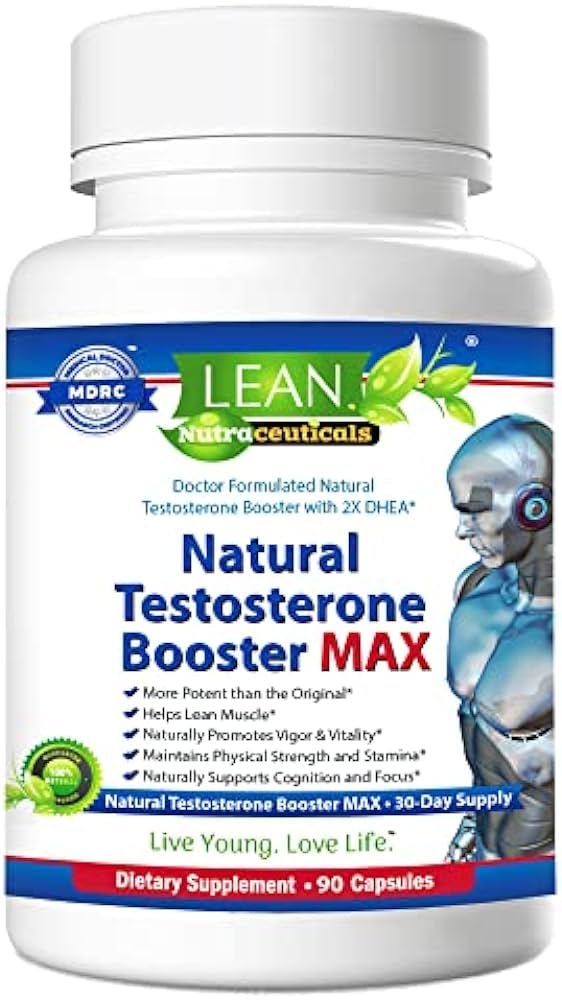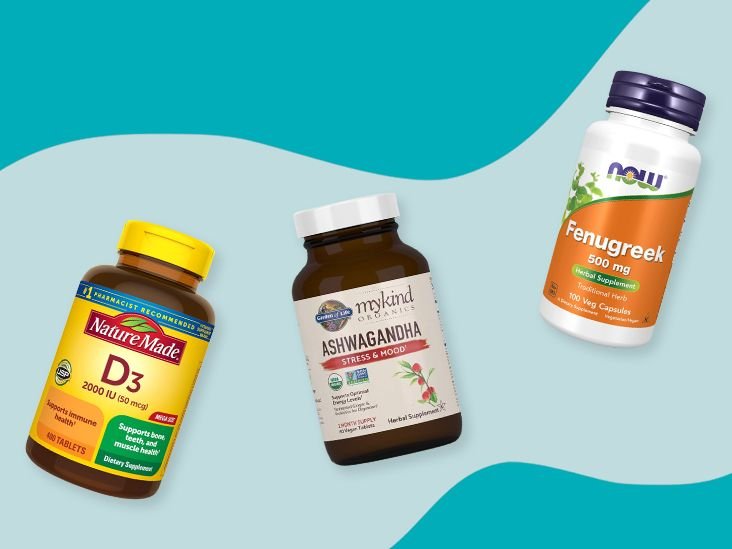Do Women Have Testosterone?: Unveiling the Hormonal Truth
Yes, women have testosterone. It plays a crucial role in their health and well-being.
Testosterone is often associated with men, but it’s essential for women too. This hormone influences muscle strength, mood, and libido. In women, the ovaries and adrenal glands produce testosterone. Maintaining balanced levels is vital for overall health. Low levels may lead to fatigue, depression, and reduced bone density.
High levels can cause acne, hair growth issues, and menstrual irregularities. Understanding the role of testosterone in women’s bodies helps in managing various health aspects. Regular check-ups and balanced lifestyle choices can keep hormone levels in check. Always consult a healthcare professional for personalized advice.
Introduction To Hormones
Hormones are vital for the proper functioning of the body. They act as messengers, carrying information between organs and tissues. Both men and women have hormones that regulate various bodily functions.
Role Of Hormones
Hormones control many aspects of health. They regulate growth, metabolism, and mood. They also influence reproductive processes. In women, hormones like estrogen and progesterone are well-known. But women also have testosterone. This hormone plays a key role in their bodies too.
- Estrogen: Main female hormone, regulates menstrual cycle.
- Progesterone: Supports pregnancy and menstrual health.
- Testosterone: Present in smaller amounts, affects muscle and bone strength.
Common Misconceptions
Many believe testosterone is only a male hormone. This is not true. Women also produce testosterone, though in smaller amounts. It is made in the ovaries and adrenal glands.
Another misconception is that testosterone causes aggressive behavior in women. This is not accurate. Testosterone in women helps with muscle mass, bone density, and libido.
| Hormone | Main Function |
|---|---|
| Estrogen | Regulates menstrual cycle |
| Progesterone | Supports pregnancy |
| Testosterone | Enhances muscle and bone strength |
Understanding these facts helps in appreciating the roles of hormones. Women need a balance of all these hormones for optimal health.
What Is Testosterone?
Testosterone is a vital hormone in the human body. It plays key roles in both men and women. Though often labeled a male hormone, women also produce testosterone. Its levels and functions vary in both genders.
Functions In The Body
Testosterone impacts several important functions in the body:
- Regulates sex drive
- Influences bone density
- Maintains muscle mass
- Affects mood and energy levels
In women, testosterone helps with reproductive health and supports overall well-being. Lower levels can lead to various health issues.
Sources Of Testosterone
The body naturally produces testosterone in specific organs:
| Gender | Primary Source |
|---|---|
| Men | Testes |
| Women | Ovaries and adrenal glands |
Testosterone production can be influenced by lifestyle factors:
- Diet
- Exercise
- Sleep quality
- Stress levels
Understanding testosterone’s role can help in maintaining hormonal balance and health.
Testosterone In Women
Testosterone is often linked to men. But women have testosterone too. It plays a vital role in women’s health. It’s crucial for muscle strength, mood, and energy.
Natural Production
Women’s bodies produce testosterone naturally. The ovaries and adrenal glands make it. It helps in the creation of new blood cells. It also supports the reproductive system.
Women need testosterone for overall well-being. It affects bone strength and sexual desire. Low levels can cause fatigue and mood swings.
Levels Throughout Life
Testosterone levels change throughout a woman’s life. In childhood, the levels are low. They rise during puberty and peak in early adulthood.
As women age, testosterone levels decline. Menopause brings a significant drop. This decrease can impact energy and mood.
| Life Stage | Testosterone Level |
|---|---|
| Childhood | Low |
| Puberty | Increasing |
| Early Adulthood | Peak |
| Menopause | Declining |
Maintaining balanced testosterone levels is crucial. Regular exercise and a healthy diet can help. Consult a doctor if you have concerns.
Health Impacts Of Testosterone
Testosterone is often seen as a male hormone, but women have it too. It plays a crucial role in women’s health. Let’s explore its impact on the body and mind.
Physical Effects
Testosterone affects muscle mass. Women with healthy levels of testosterone have stronger muscles. It also impacts bone density. Strong bones are essential to prevent fractures.
The hormone also influences body fat distribution. Women with balanced testosterone levels have less belly fat. Healthy testosterone levels improve overall physical strength.
Emotional Well-being
Testosterone impacts mood and energy levels. Women with balanced testosterone often feel more energetic. It also helps in reducing feelings of depression.
The hormone plays a role in cognitive functions. It improves memory and focus. Women with healthy levels of testosterone can think clearly.
| Aspect | Impact |
|---|---|
| Muscle Mass | Increases strength |
| Bone Density | Prevents fractures |
| Body Fat | Reduces belly fat |
| Mood | Boosts energy and reduces depression |
| Cognitive Function | Improves memory and focus |
Low Testosterone In Women
Testosterone is often seen as a male hormone. However, women also need testosterone. Low testosterone in women can affect health and well-being. Understanding the symptoms and causes can help manage this condition.
Symptoms To Watch For
Recognizing the symptoms of low testosterone is essential. Common symptoms include:
- Fatigue and low energy
- Decreased muscle strength
- Depression or mood swings
- Reduced libido
- Weight gain
- Difficulty concentrating
These symptoms can impact daily life. If you notice these signs, consult a doctor.
Possible Causes
Several factors can lead to low testosterone in women. These include:
| Cause | Description |
|---|---|
| Aging | Testosterone levels decrease as women age. |
| Ovarian Issues | Problems with ovaries can reduce hormone production. |
| Medications | Some drugs can lower testosterone levels. |
| Chronic Diseases | Conditions like diabetes can affect hormone levels. |
Understanding the causes helps in managing the condition effectively. Addressing these causes can improve symptoms.
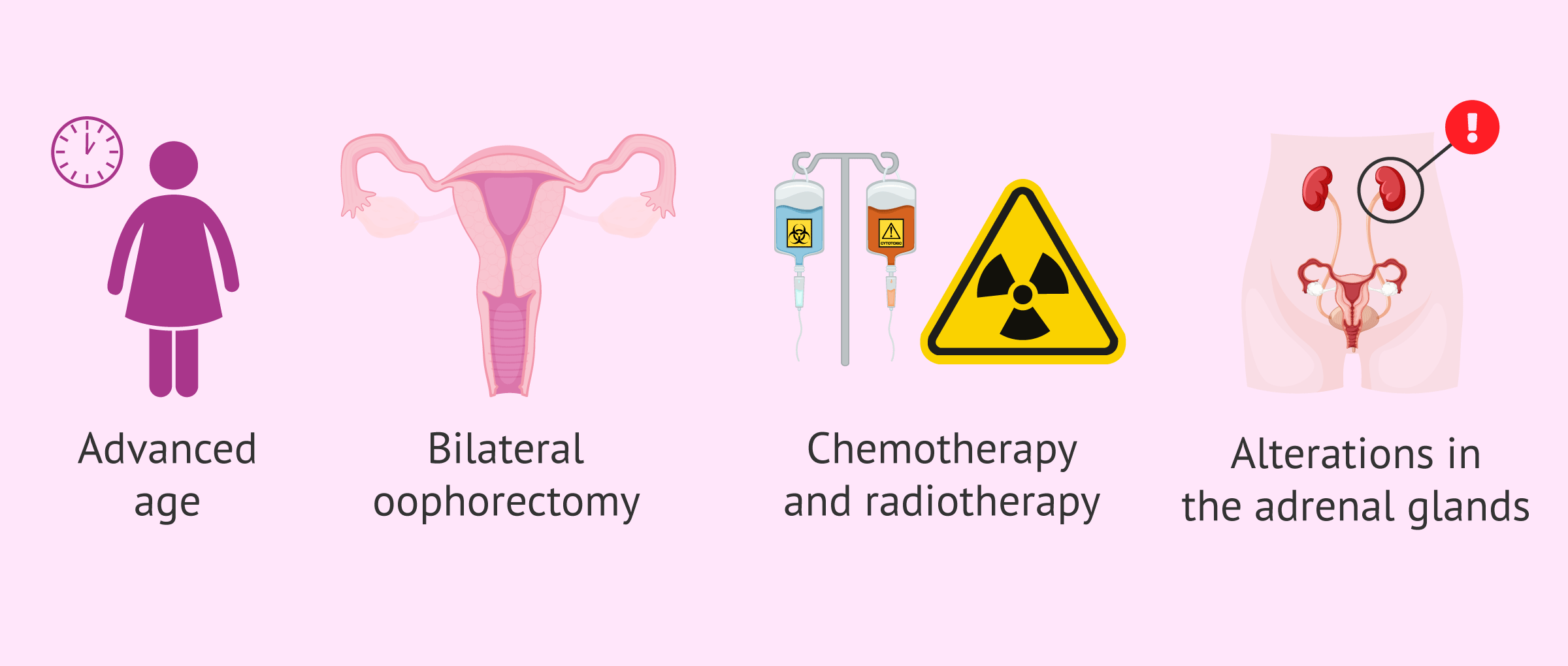
Credit: www.invitra.com
High Testosterone In Women
High testosterone in women is a condition that occurs when women have elevated levels of testosterone, the primary male sex hormone. Although testosterone is often associated with men, it is also present in women and plays a crucial role in their health. High levels of testosterone in women can lead to various health issues and symptoms.
Signs And Symptoms
Women with high testosterone levels may experience several signs and symptoms. Recognizing these symptoms early can help in managing the condition effectively.
- Acne: Persistent and severe acne, especially on the face and back.
- Hirsutism: Excessive hair growth on the face, chest, and back.
- Menstrual Irregularities: Irregular or missed periods.
- Voice Deepening: A noticeable deepening of the voice.
- Muscle Mass: Increase in muscle mass and strength.
- Scalp Hair Loss: Thinning hair or bald patches on the scalp.
- Mood Changes: Increased irritability or mood swings.
Underlying Conditions
High testosterone in women can be linked to various underlying conditions. Identifying these conditions can aid in better treatment and management.
| Condition | Description |
|---|---|
| Polycystic Ovary Syndrome (PCOS) | A hormonal disorder causing enlarged ovaries with cysts. |
| Congenital Adrenal Hyperplasia (CAH) | A group of genetic disorders affecting the adrenal glands. |
| Androgen-Secreting Tumors | Tumors in the ovaries or adrenal glands that produce androgens. |
| Medications | Certain drugs can elevate testosterone levels. |
| Thyroid Disorders | Conditions affecting thyroid function can influence testosterone levels. |
Balancing Hormones
Hormones play a vital role in our bodies. They impact mood, energy, and health. For women, balancing hormones like testosterone is essential. It influences strength, libido, and overall well-being. But how can women balance their hormones effectively?
Diet And Lifestyle
A healthy diet supports hormone balance. Certain foods boost testosterone in women. Include these in your diet:
- Lean Proteins: Chicken, fish, and tofu help build muscle.
- Healthy Fats: Avocados, nuts, and olive oil support hormone production.
- Whole Grains: Brown rice and quinoa provide essential nutrients.
- Vegetables: Broccoli, spinach, and kale are rich in vitamins.
Besides diet, lifestyle choices also matter. Regular exercise boosts testosterone levels. Aim for at least 30 minutes of activity daily. Stress management is crucial too. High stress can lower testosterone. Practice mindfulness or yoga to stay calm.
Medical Treatments
Sometimes, diet and lifestyle changes are not enough. Medical treatments can help balance hormones. Here are some options:
| Treatment | Description |
|---|---|
| Hormone Replacement Therapy (HRT) | Restores hormone levels using synthetic hormones. |
| Testosterone Supplements | Boosts low testosterone levels with prescribed doses. |
| Herbal Supplements | Natural herbs like fenugreek can enhance testosterone. |
Always consult a doctor before starting treatments. They can recommend the best course of action. Remember, balancing hormones is key to a healthy life.

Credit: www.shecares.com
Myths And Facts
Understanding if women have testosterone involves separating myths from facts. Many misconceptions exist about testosterone levels in women. Let’s explore the common myths and scientific facts.
Common Myths
- Myth: Only men have testosterone.
- Myth: Testosterone makes women masculine.
- Myth: Women do not need testosterone.
- Myth: High testosterone levels are always bad for women.
Reality: Women also produce testosterone, though in smaller amounts.
Reality: Normal levels of testosterone do not cause masculinity in women.
Reality: Testosterone is crucial for women’s health and well-being.
Reality: Balance is key. High or low levels can cause problems.
Scientific Facts
Scientific studies show that women have testosterone. This hormone is produced in the ovaries and adrenal glands. Though levels are lower than in men, testosterone plays a vital role in women’s health.
| Function | Role of Testosterone |
|---|---|
| Muscle mass | Helps maintain muscle mass and strength |
| Bone health | Supports bone density and strength |
| Libido | Boosts sexual desire and arousal |
| Mood | Influences mood and energy levels |
Testosterone helps women stay healthy and active. It impacts muscle mass, bone density, libido, and mood. Regular check-ups can help maintain balanced hormone levels. Knowing the facts can debunk myths and improve women’s health.

Credit: www.invitra.com
Frequently Asked Questions
What Does Testosterone Do In Females?
Testosterone in females helps regulate libido, mood, and muscle mass. It also supports bone health and cognitive function.
What Happens When A Woman’s Testosterone Is Low?
Low testosterone in women can cause fatigue, mood swings, weight gain, and decreased libido. It may also lead to muscle weakness and thinning hair.
Do Women Have More Estrogen Or Testosterone?
Women have more estrogen than testosterone. Estrogen is the primary female sex hormone, while testosterone levels are much lower.
Do Women Have Testosterone On Their Period?
Yes, women have testosterone during their period. Testosterone levels fluctuate throughout the menstrual cycle.
Conclusion
Understanding that women do have testosterone is crucial. It plays an essential role in their overall health and well-being. Recognizing its impact helps in addressing various health issues. Always consult healthcare professionals for accurate information and advice. Remember, balanced hormone levels contribute to a healthier life for women.

